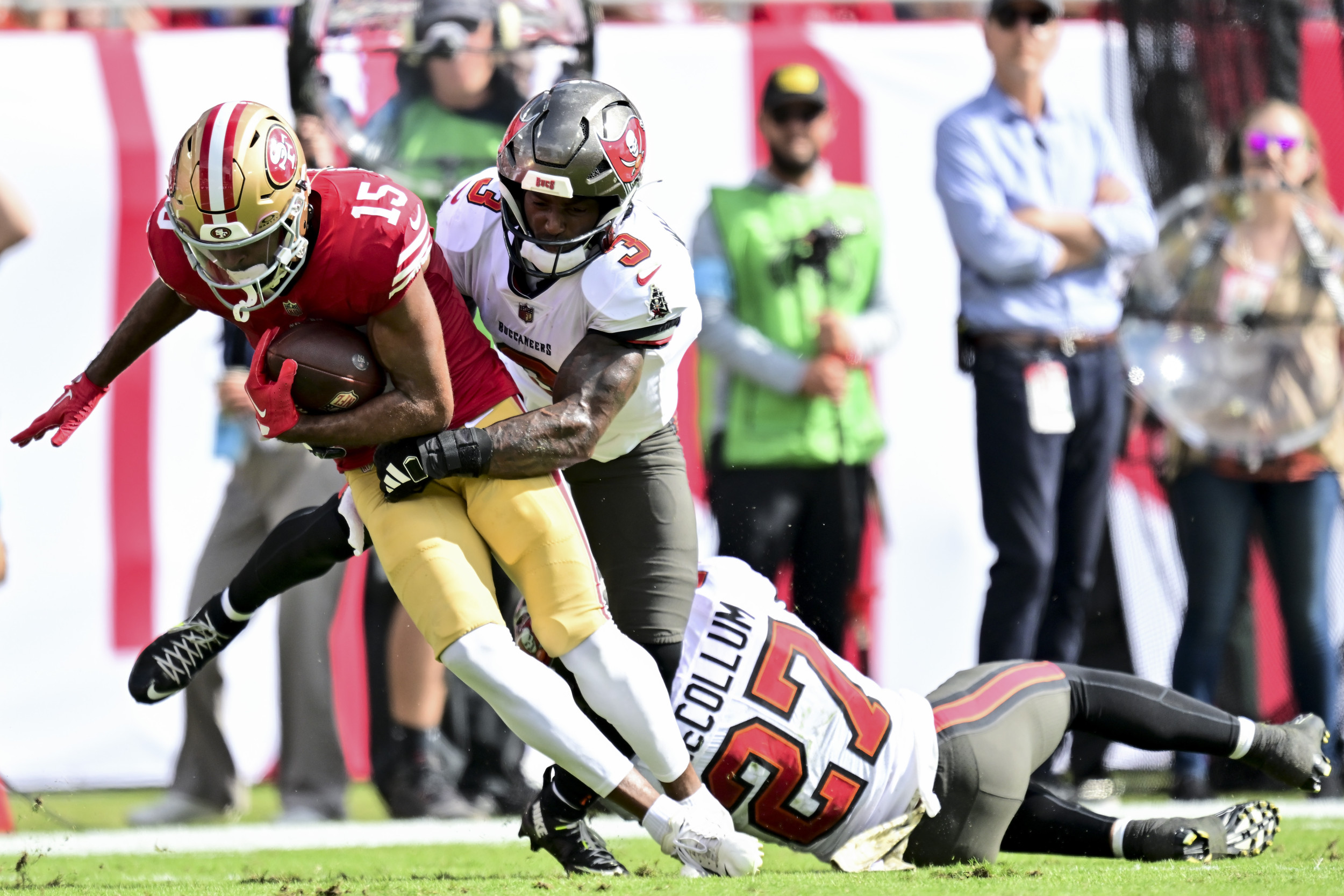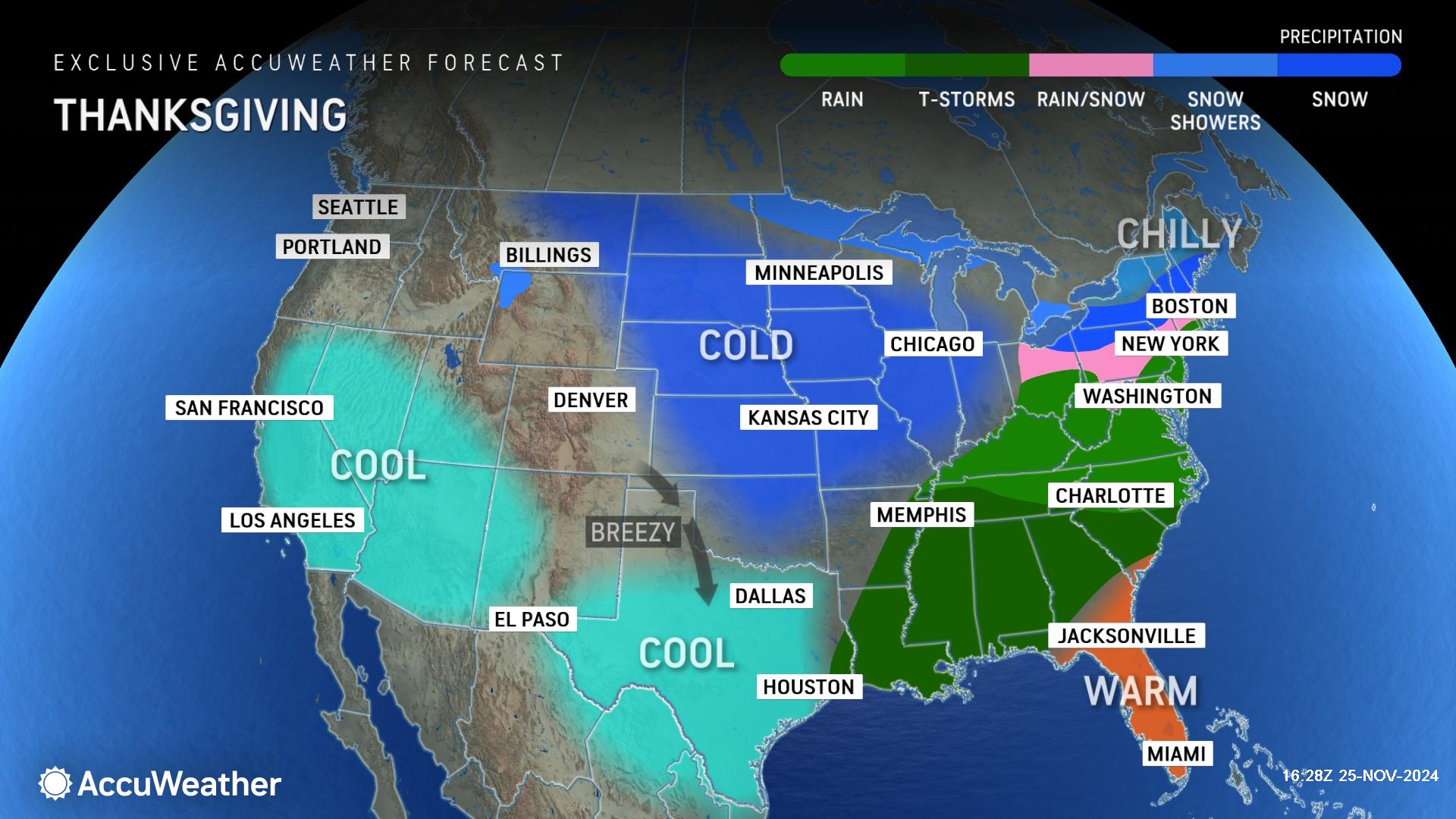Every pet parent likes to think they're the best owner in the world—whether it's allowing their furry friend to sleep in the same bed, throwing it a birthday party or taking it for walks along their favorite trails.
We all like to think we're offering our pets the greatest life imaginable, but the truth is, we can't all be the best. And a person's age might be the easiest way to tell how much they love their pet and what type of owner they are, according to generational trends expert Daniel Levine.
While people of all ages like to view their pets as part of the family, Levine, the director of the Avant-Guide Institute, told Newsweek that "the extent to which they humanize them" varies drastically across the generations.
He suggests that baby boomers (born between 1946 and 1964) tend to be more traditional pet owners and tend not to baby them quite as much as their younger counterparts do. For millennials (born between 1981 and 1996), pets are practically akin to children, and they're more than happy to lavish them with gifts, treats and all sorts of luxuries.
So which generation makes the best pet owners? Levine's answer might surprise you.

"I think boomers are the best pet owners because they are most likely to treat pets as actual pets. They don't force their dogs to be vegetarian or mollycoddle their animals because they're transferring their own need for reassurance," Levine said.
"By contrast, younger millennials tend to dote on their pets as if they were children and are most likely to blur the line between humans and animals, treating pets as their fur babies. They throw parties for their pets, dress them up for special occasions and post about them on social media," he said.
With boomers occupying one end of the scale and millennials way out on the other end, this brings into question where Generation X sits. Levine said Gen Xers (born between 1965 and 1980) are somewhere in the middle. They're "best at balancing traditional and modern approaches," he said.
Millennials are 33 percent of pet owners in the U.S, followed by Gen Xers, who make up 25 percent of pet ownership, according to Statista. The data, from 2023, also revealed that boomers accounted for 24 percent of owners, while Gen Z had the lowest generational share, just 16 percent.
"As you can see, there is a definite trend," Levine said. "Millennials spend more on their pets than most others, and I'd also say that people are not just treating pets as if they were human but as if they were a reflection of how they want to be treated themselves. Dogs, especially, are mirrors of their owners."
A recent survey of 1,000 U.S. adults, conducted by Talker Research for Newsweek, showed that G Zers (born between 1997 and 2012) spend an average of $148.50 on their pets each month, which was the highest amount for all the generations asked. Millennials had the second highest average, $136.20 per month.

There are several reasons for this shift in behavior. Levine suggests it's a result of delayed parenthood, people choosing to focus on their careers and younger adults living in urban areas that don't suit children. "In short, it's easier and cheaper to have a pet than a child," Levine said.
Some might think that all this excess spending on their four-legged friends makes Gen Zers and millennials the best owners. But not according to Levine, who believes it can cause unwanted problems that shouldn't be overlooked.
"There is a lot of excessive humanization going on which I think makes them the worst owners. Spoiling their pets with treats or human food leads to obesity, and because they are given constant attention, too many pets suffer from separation anxiety when their owners are away," he said.
"Interestingly, Generation Z, the youngest pet owners, are redefining pet ownership by emphasizing emotional support and mental health benefits."
Do you have funny and adorable videos or pictures of your pet you want to share? Send them to life@newsweek.com with some details about your best friend and they could appear in our Pet of the Week lineup.



















 English (US) ·
English (US) ·